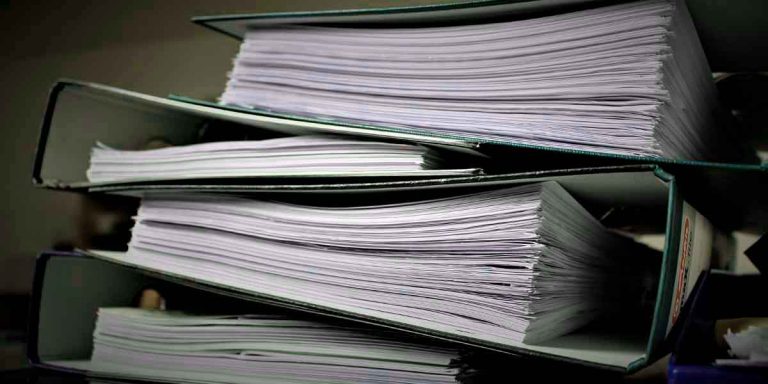
Estate Planning
The New Jersey probate process
When a person dies, their property has to be passed down to the heirs. In New Jersey, a legal procedure known as probate is often
Home » Probate Lawyer New Jersey » Page 2

When a person dies, their property has to be passed down to the heirs. In New Jersey, a legal procedure known as probate is often